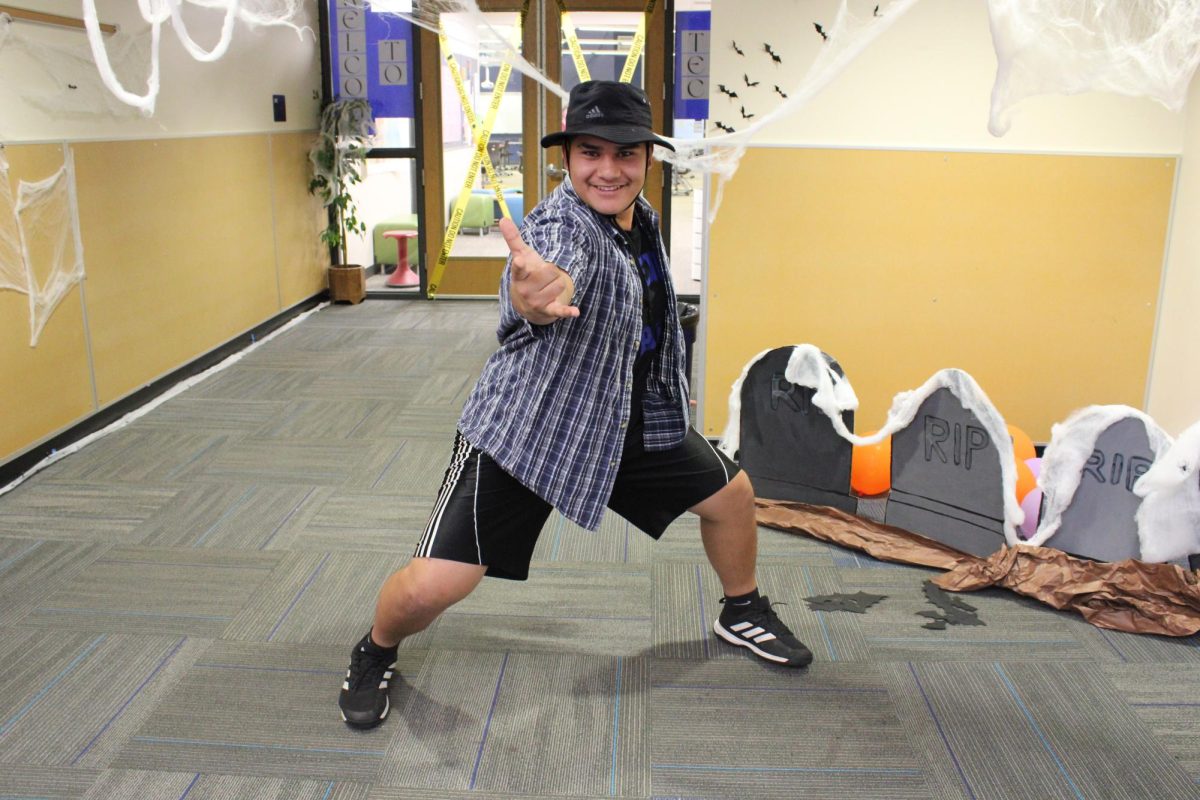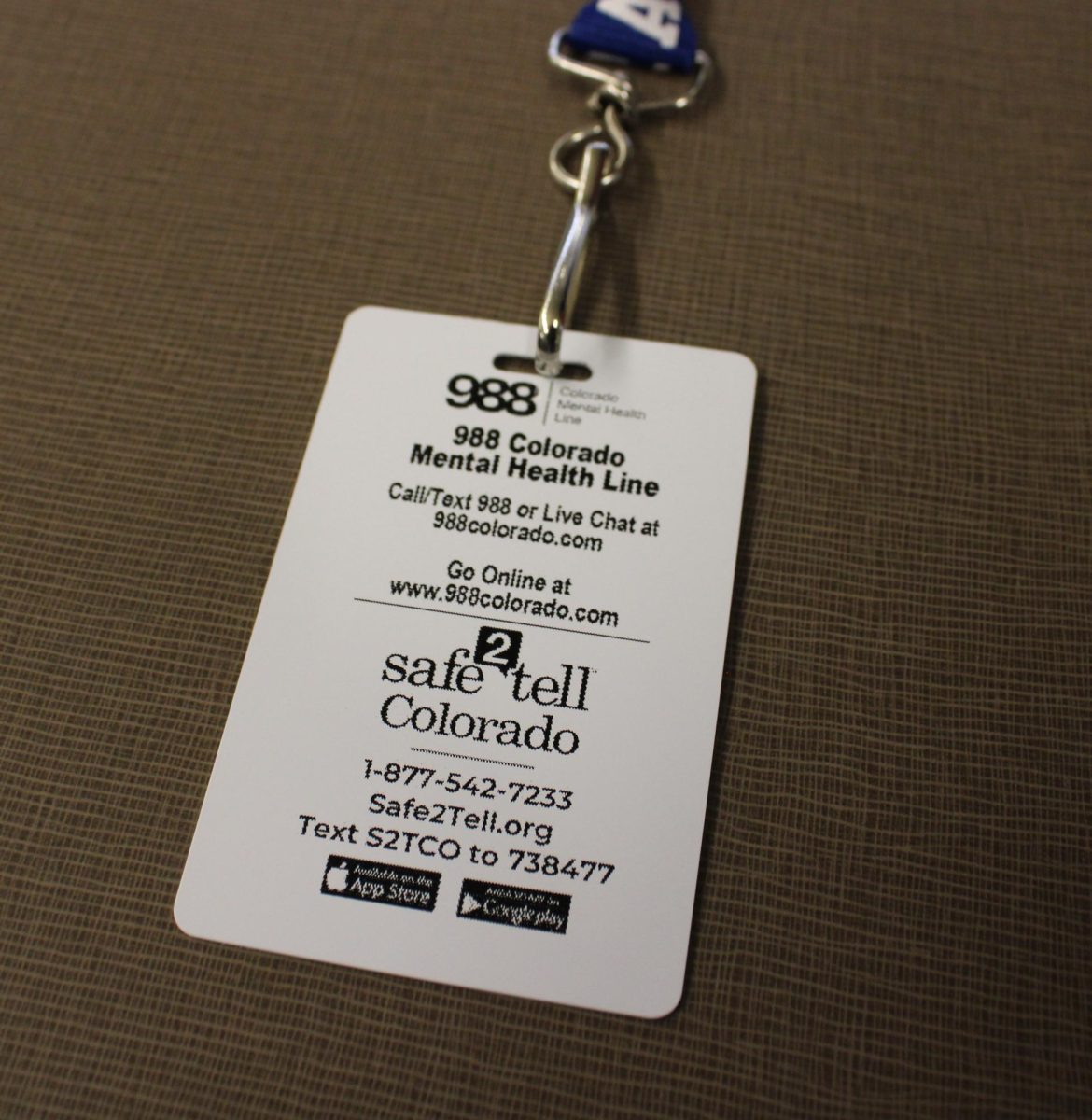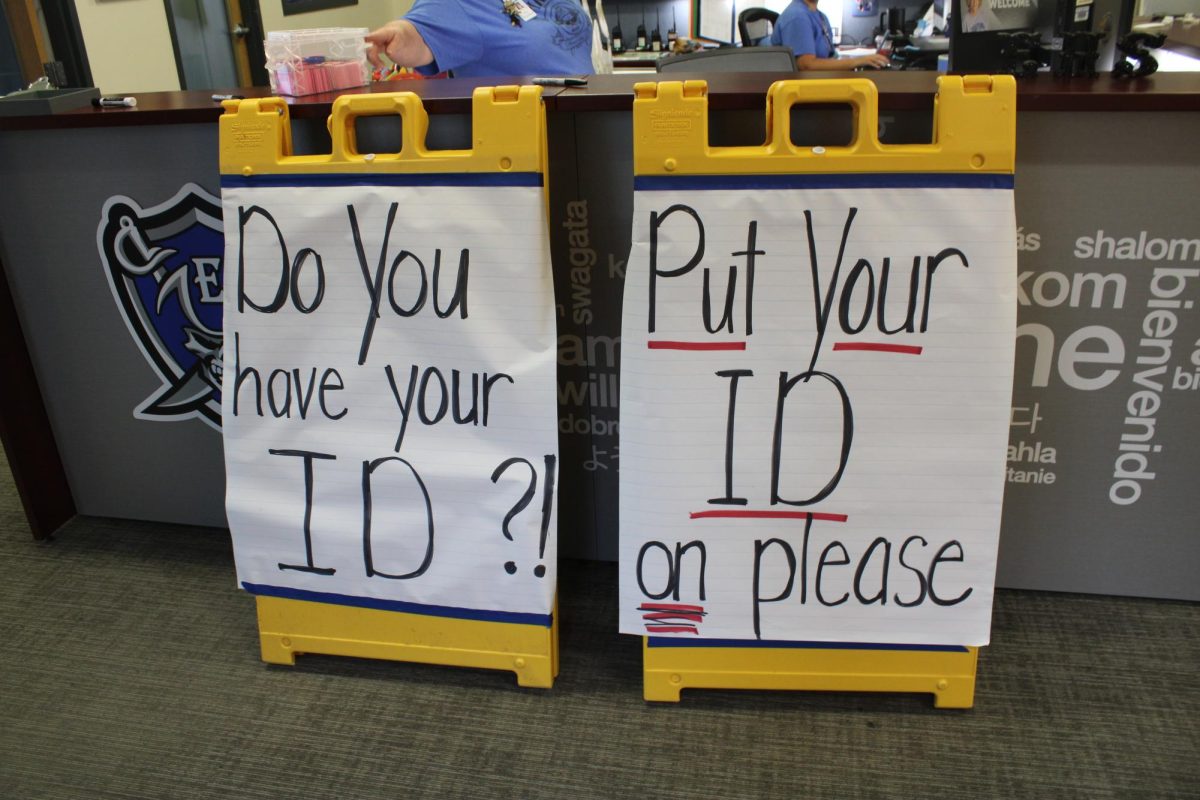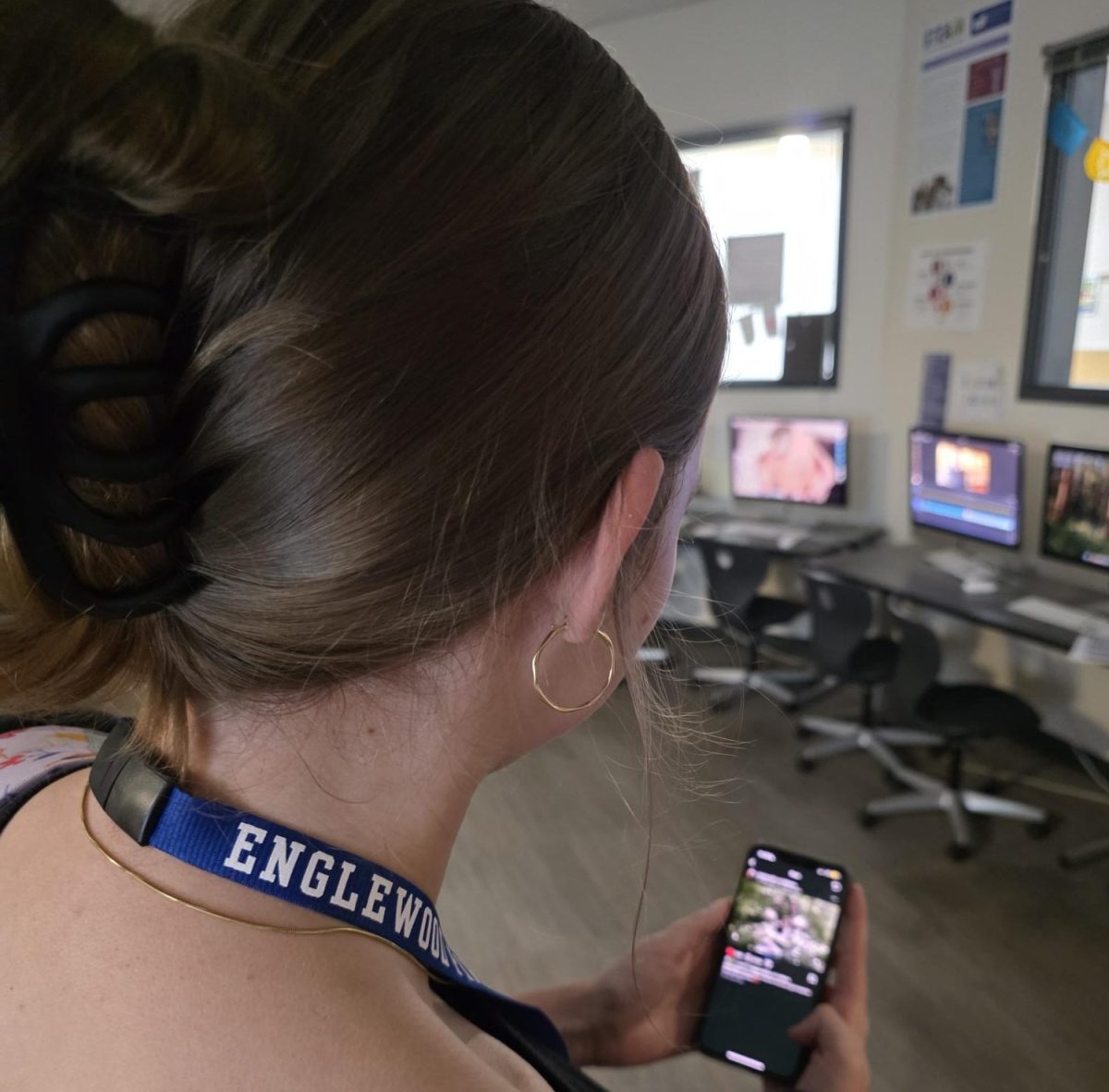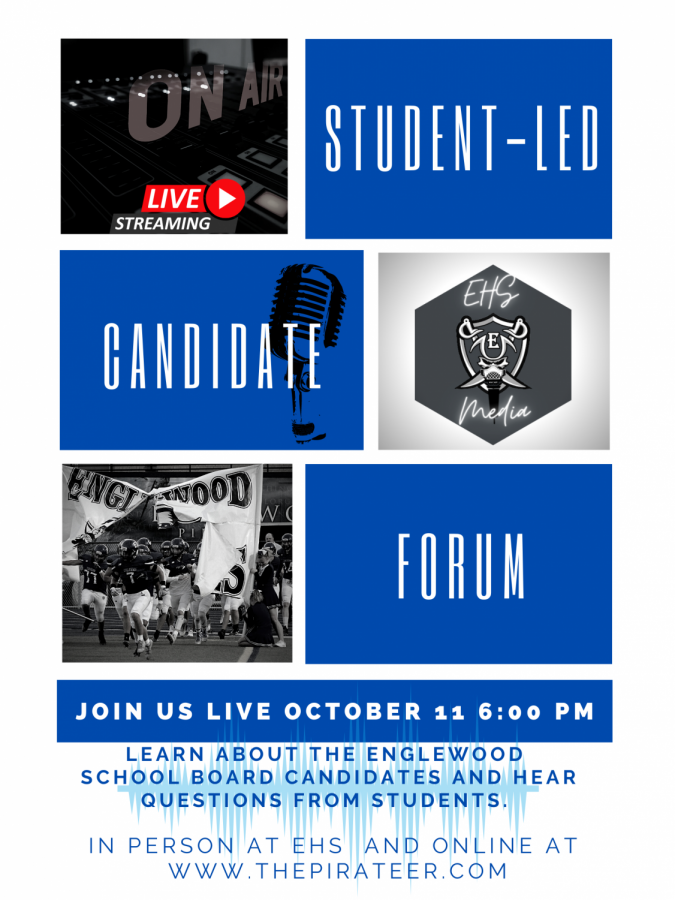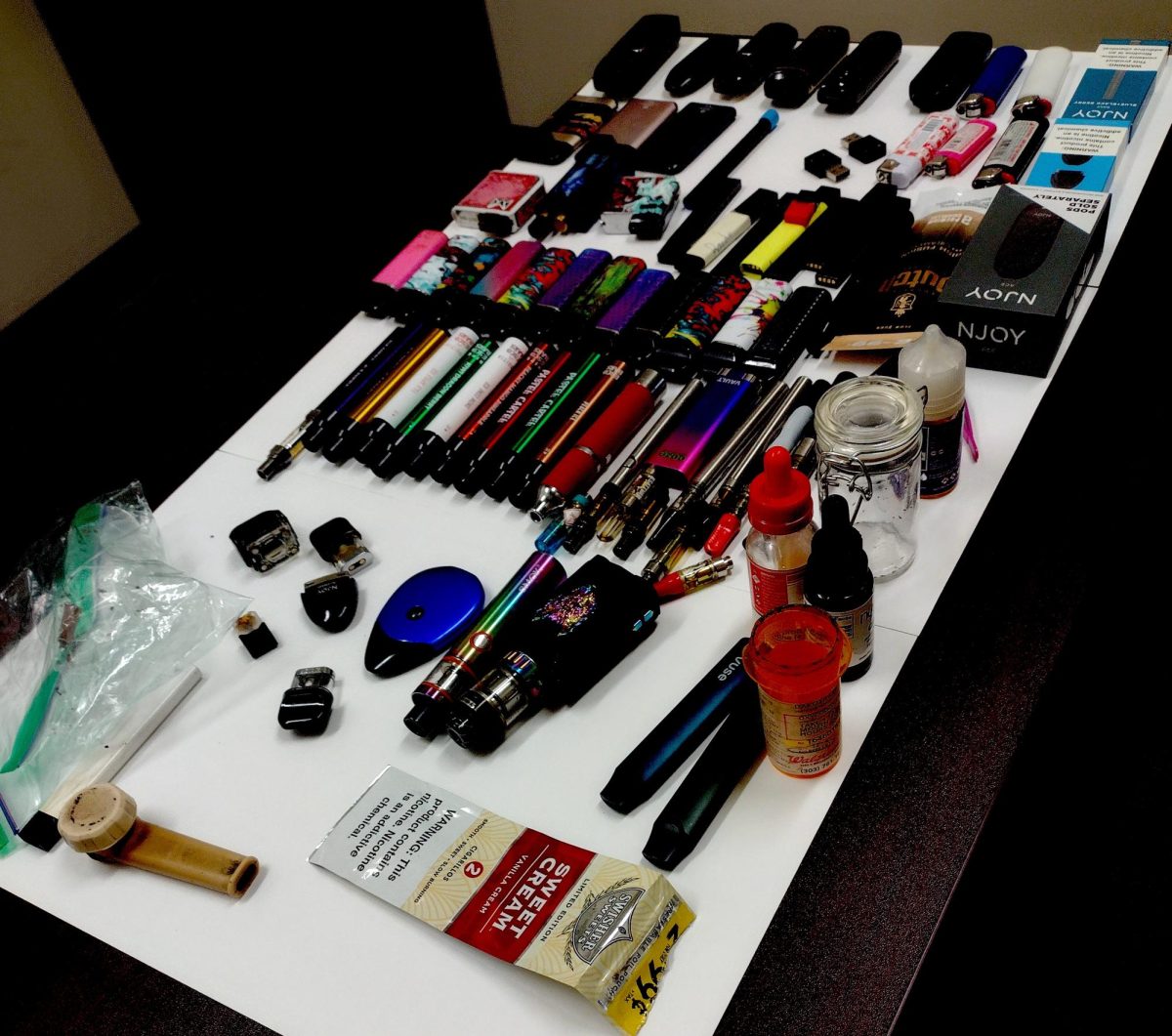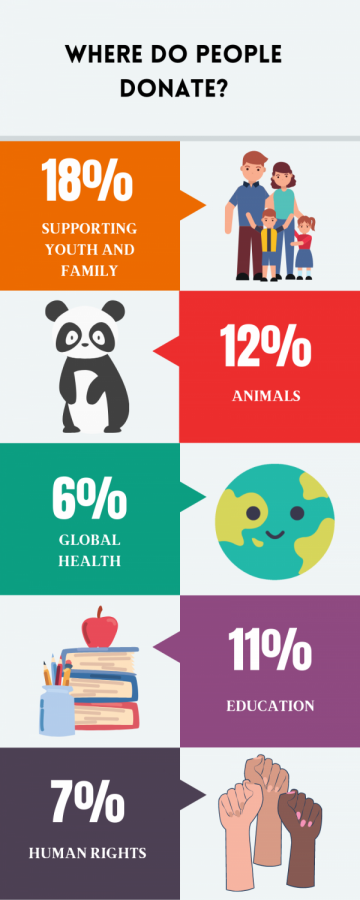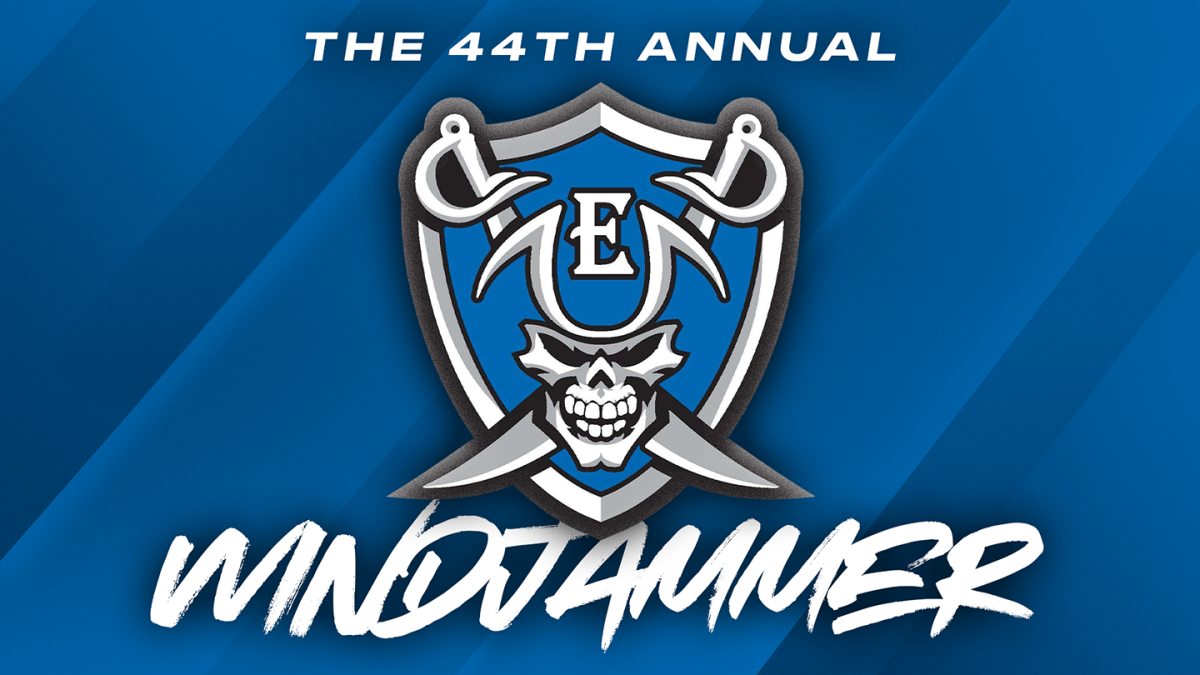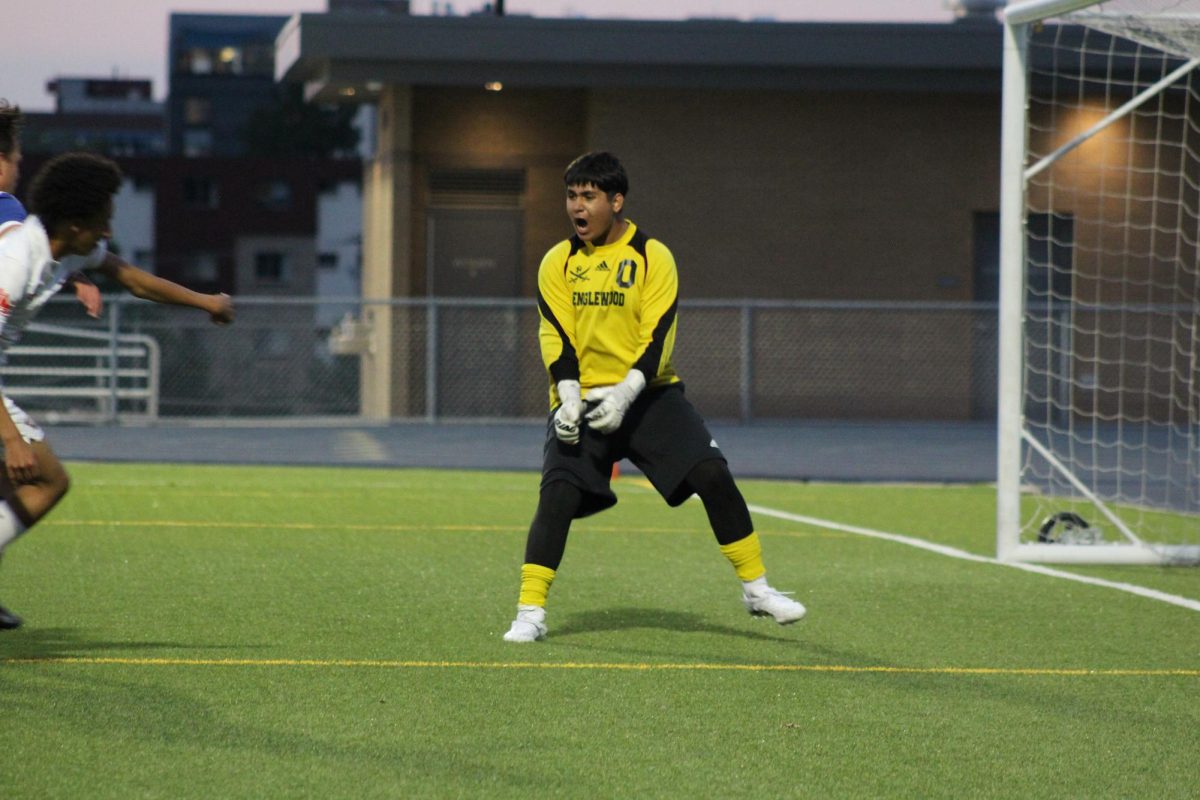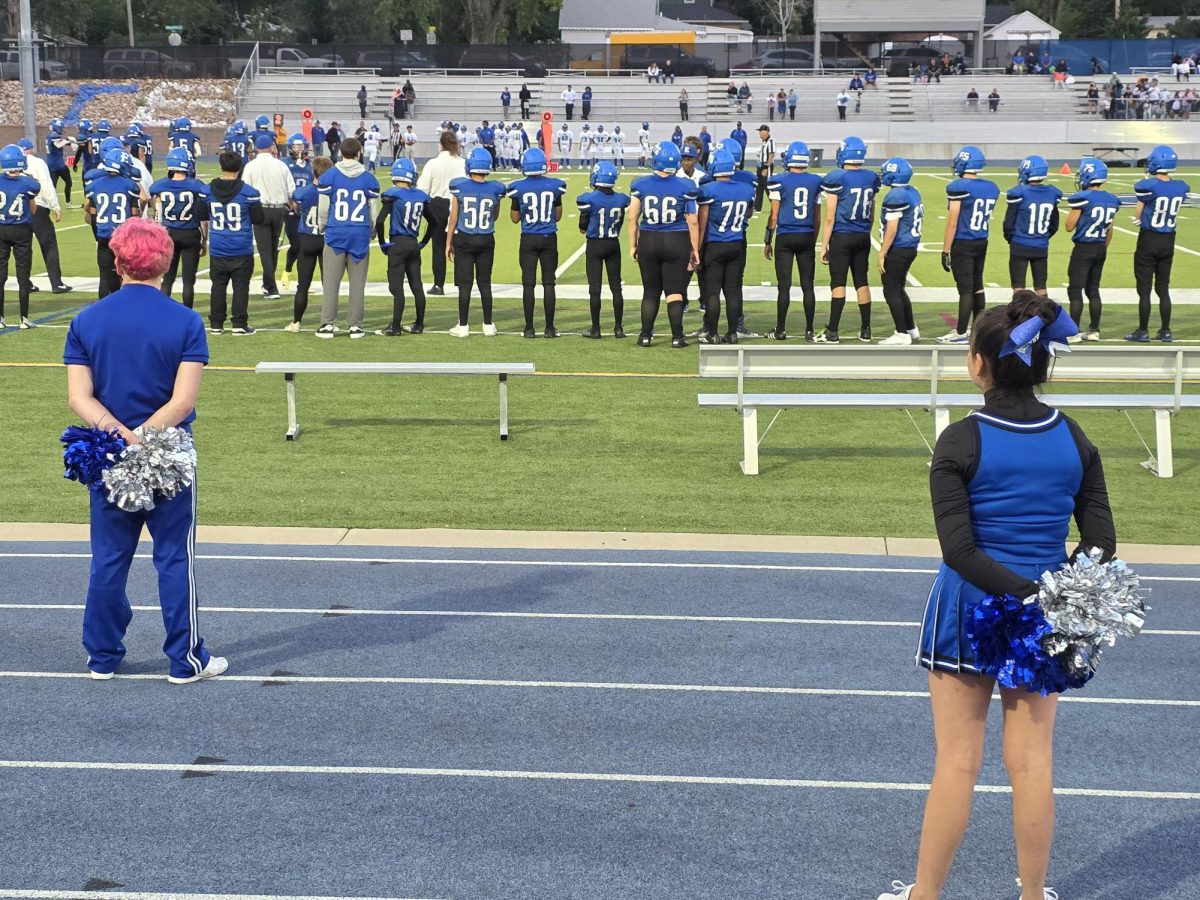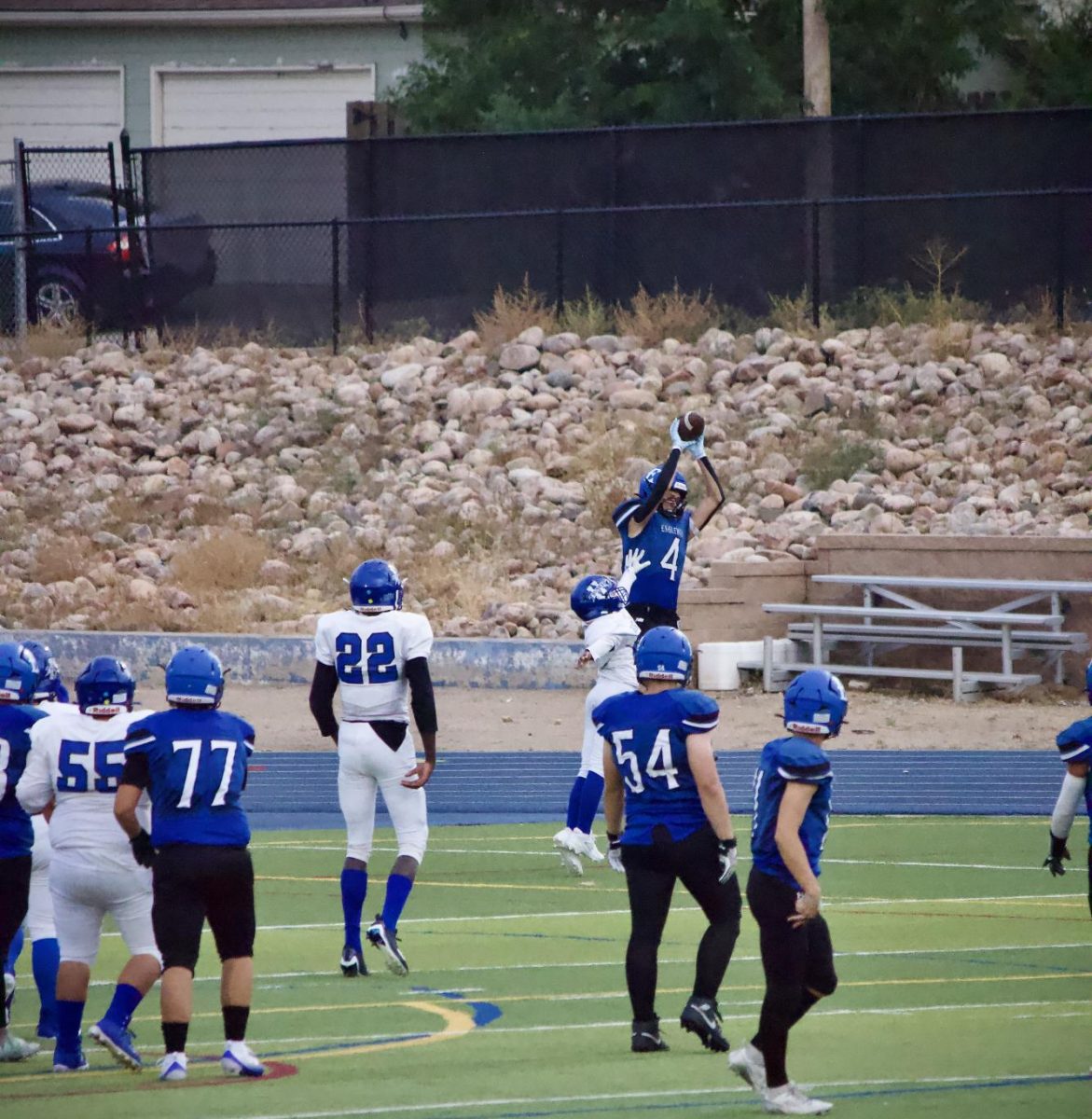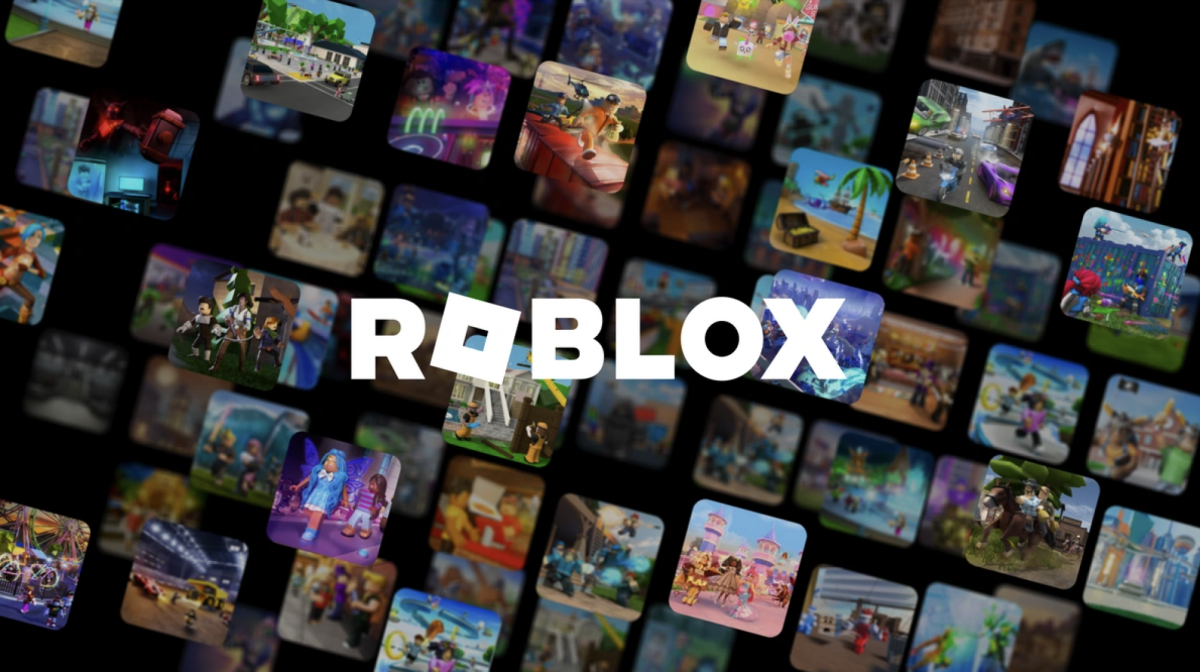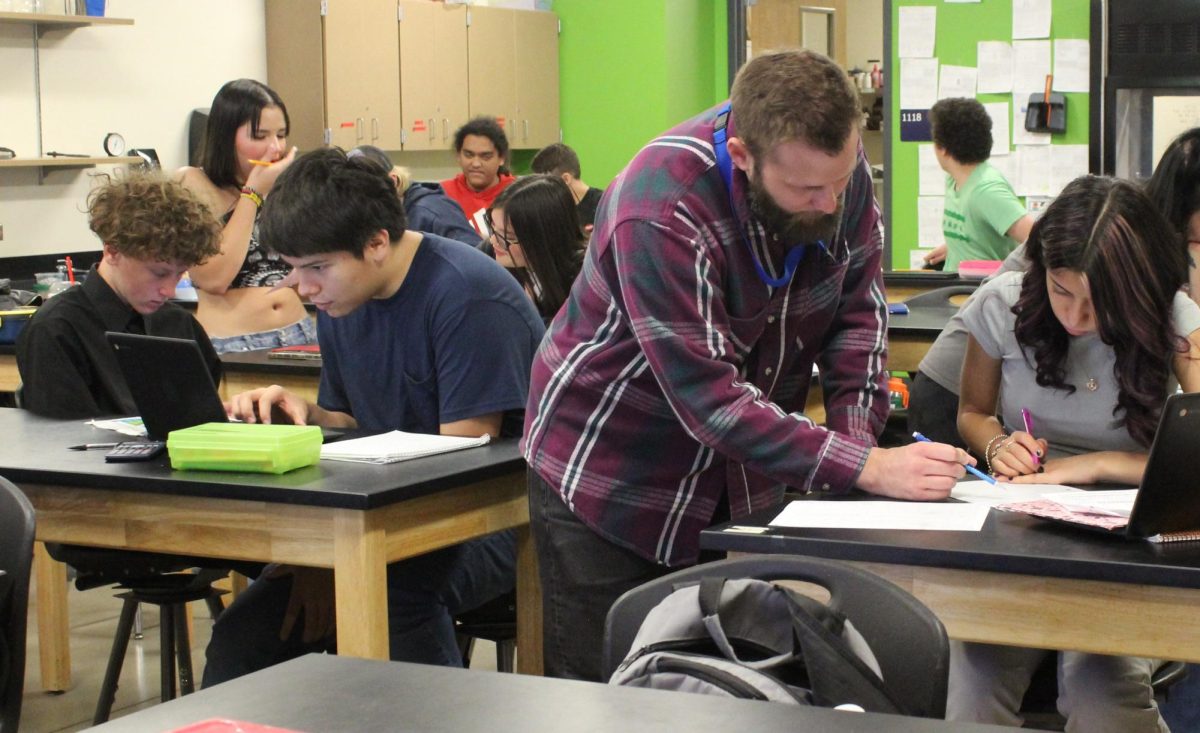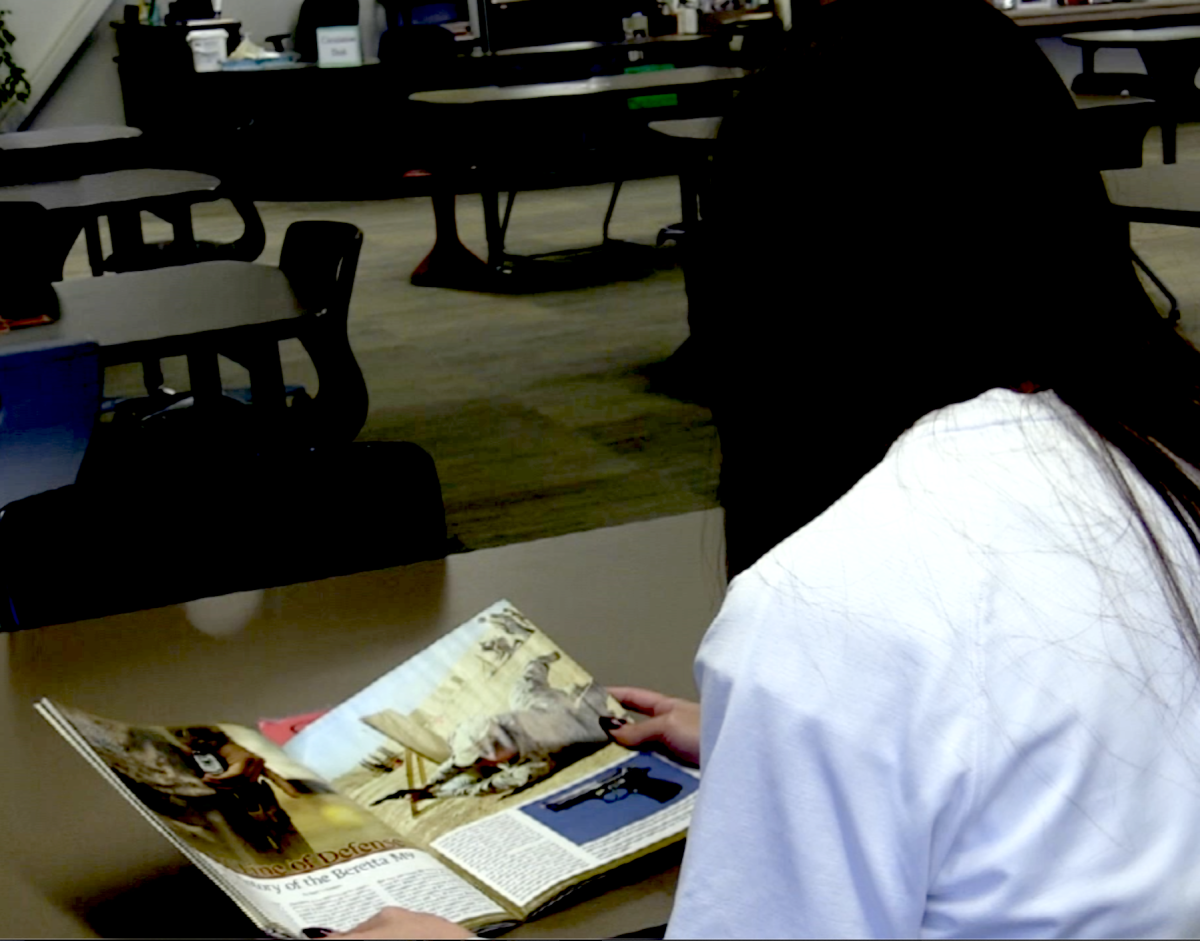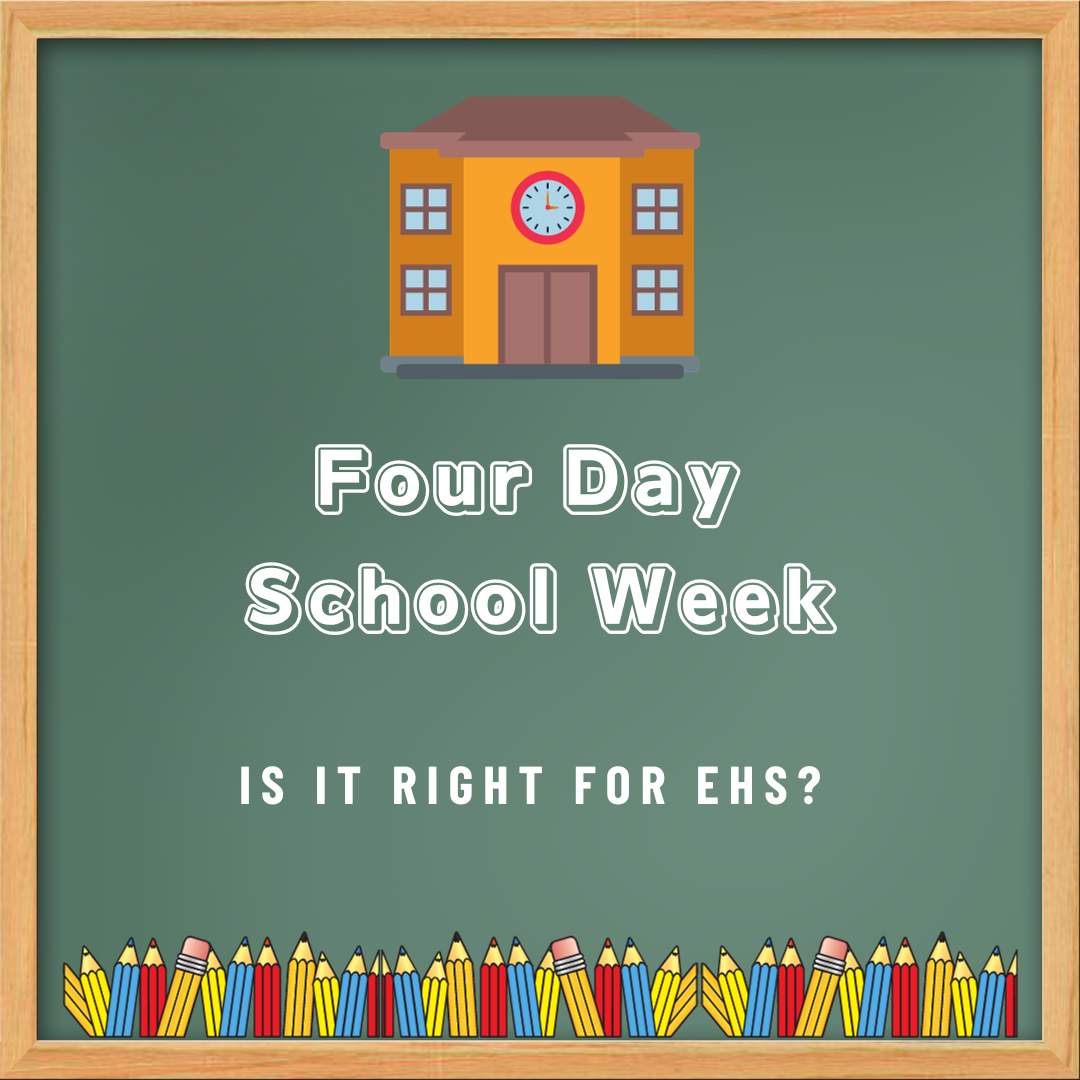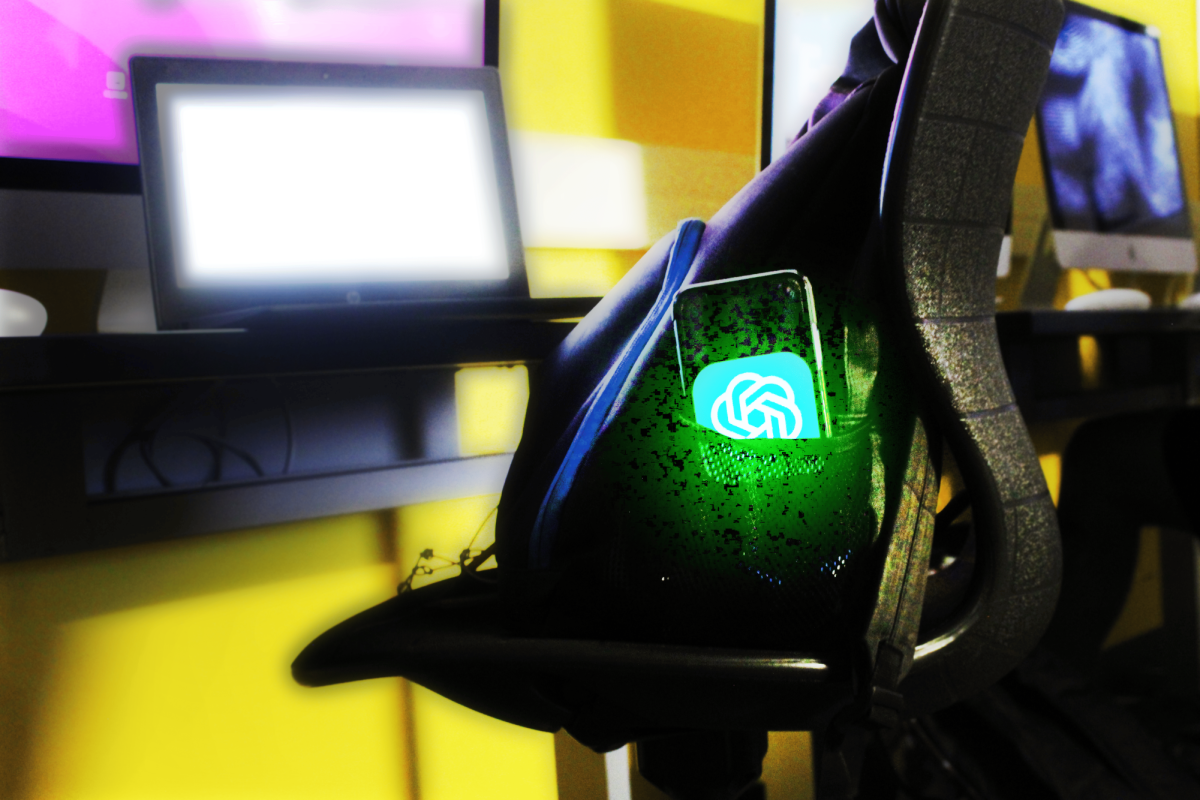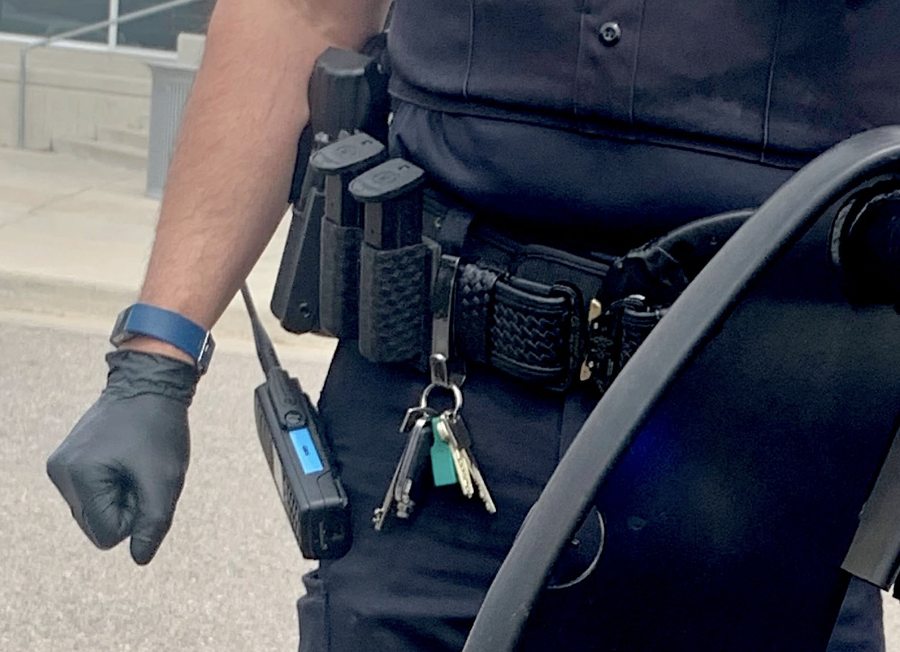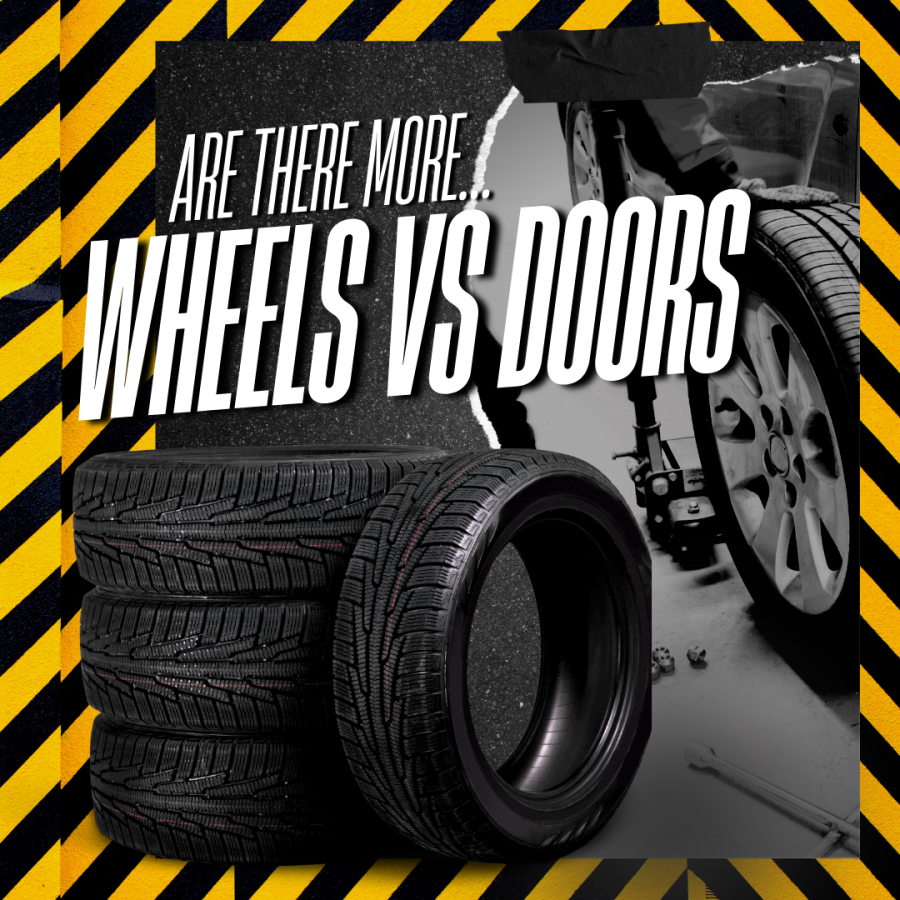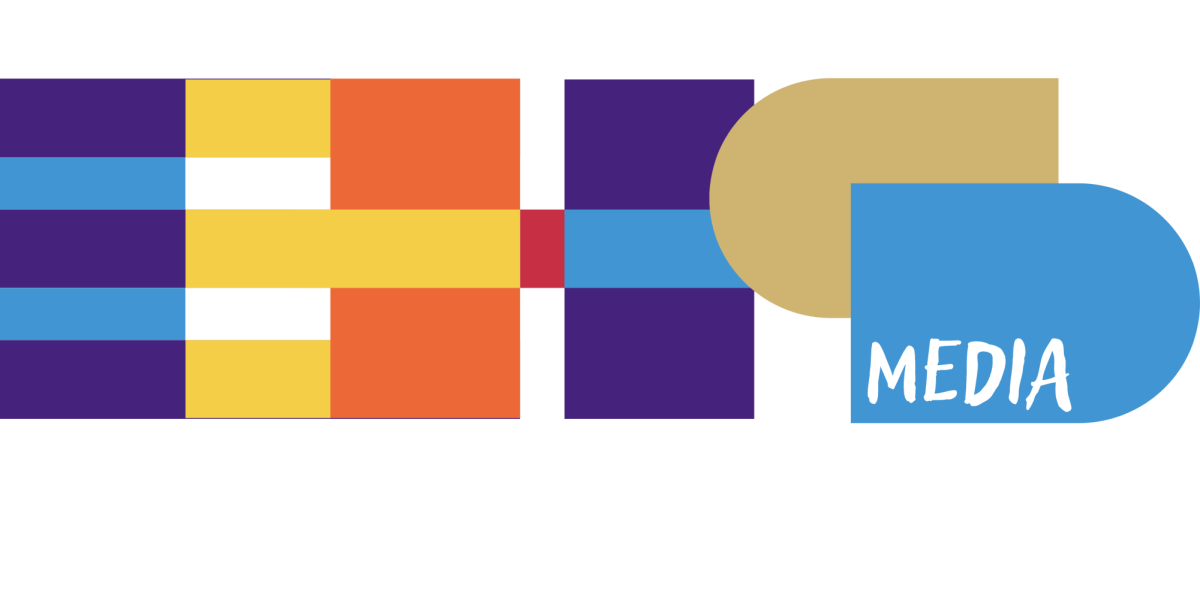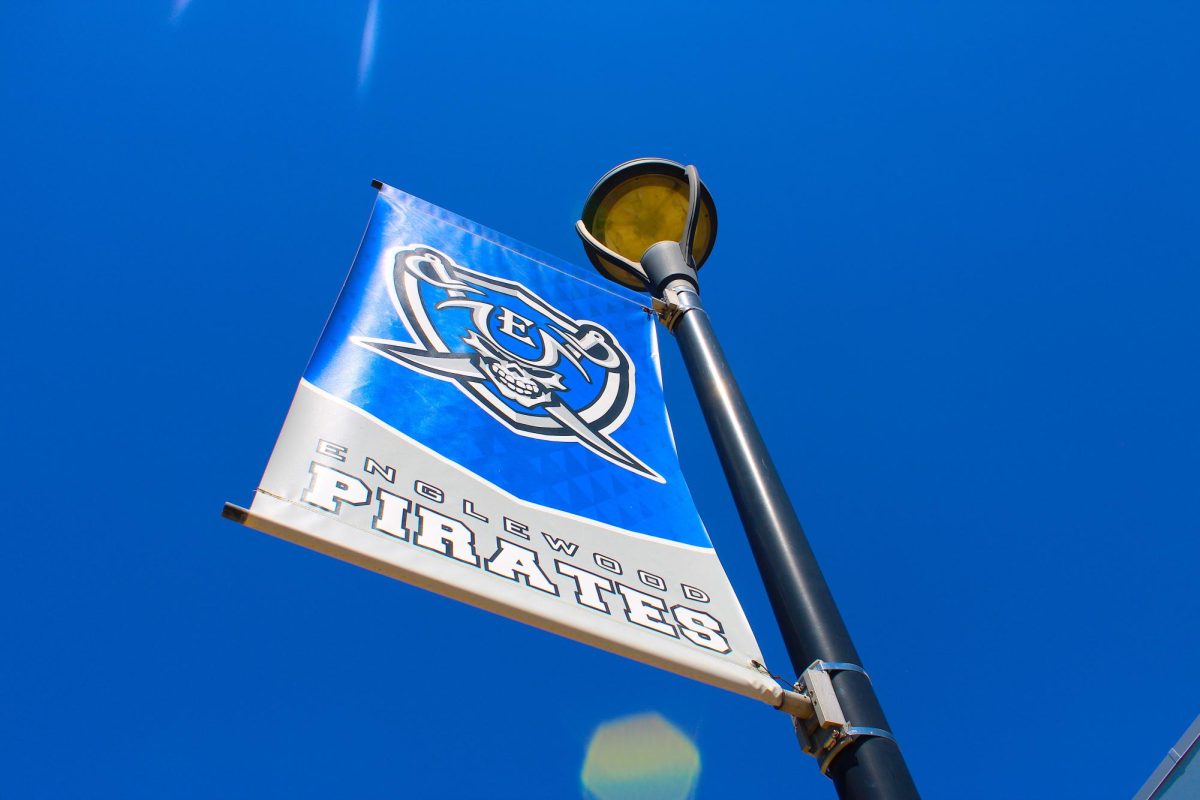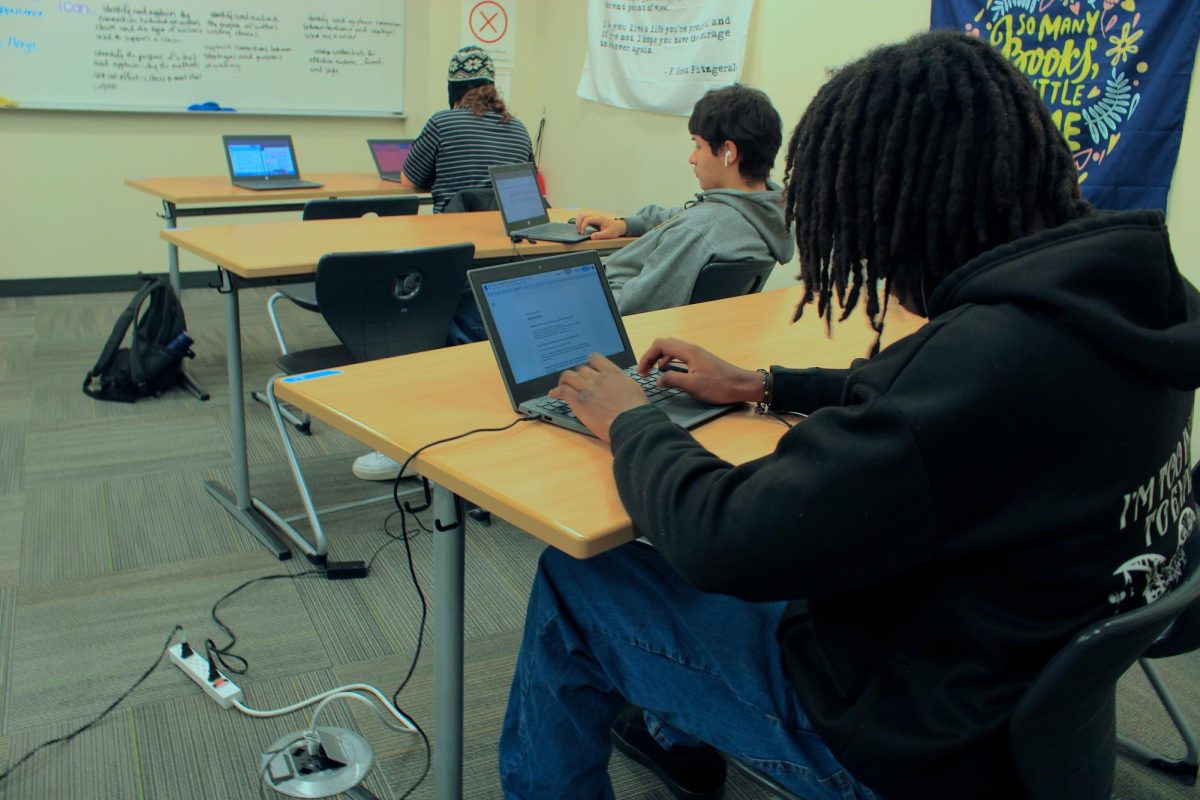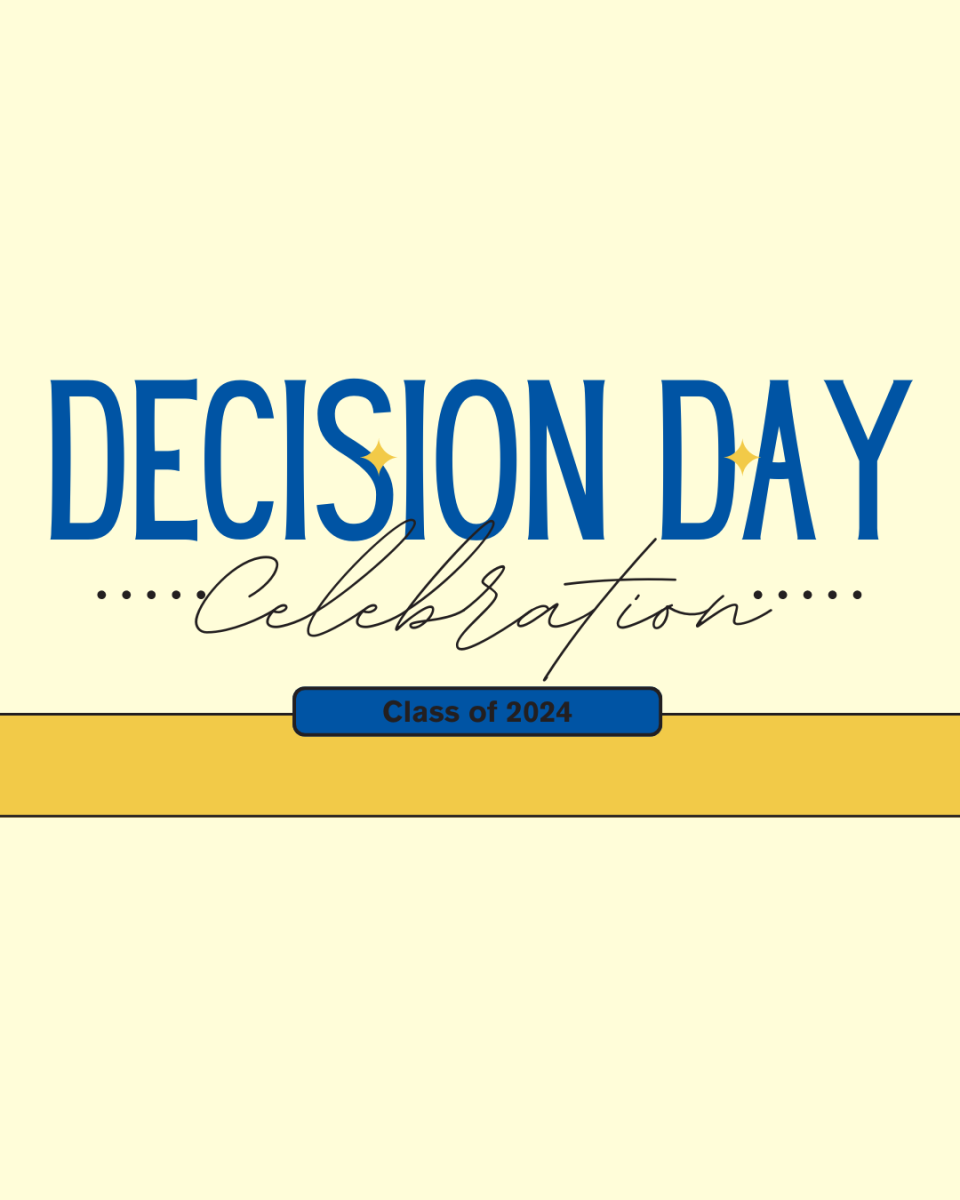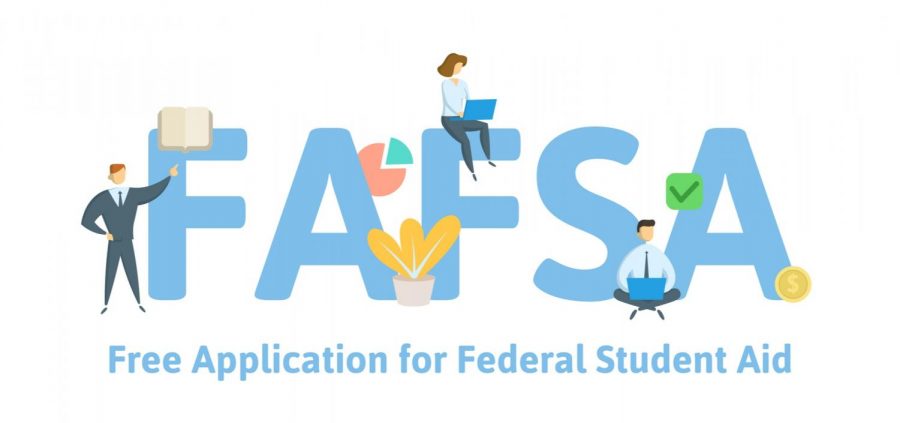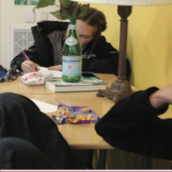When I was a little kid in 5th grade, I was a cheater. I made it nearly a religious-like habit. While everyone went out to the playground to play tag, I would sneak back into my class’s classroom while the lights were off and shuffle through my teacher’s drawers in search of the next biggest test for our class. I would reach into my neon green shorts pocket for my old iPhone 5c and try sneaking a quick photo of the test before flipping through the pages attached to the quiz to take more photos. Once I’d completed the test packet, I would push the drawer back in and return to recess to act innocent. When I would get home, I researched the answers to the test questions using my home computer while my family was out and recorded the answers on a small piece of paper I taped on the upper part of my arm. I would also make multiple other copies of these test answers to sell to my friends in return for money.
I did this for every test and stayed silent to everyone but my customers. That was until the end of my 5th grade school year when I thought I could tell my dad. My dad responded humorously, with laughter. He said that I “found a way to beat the system.” After hearing my dad’s positive affirmation, I then decided to also tell my mother. She grounded me. She was severely upset with my actions and told me, “It’s never right to cheat.” Over the past six years, this moral dilemma intrigued me greatly. Why is the term “cheating” viewed so pejoratively? Should it be this way or should it not?
Finding out-of-the-box ways to gain a personal advantage in life is not a new concept. In the modern age, one of these “out-of-the-box” methods has become standardized and easily accessible inside every kid’s pocket. This tool is Artificial Intelligence. Applications like ChatGPT change the difficulty of school for many students, “As technology has advanced, I’ve caught students using their cell phones, access to smartphones and other forms of technology means that students still have plenty of ways to be dishonest in their academic work,” said Brain Mccoy, a teacher at AAC&U. He also believes, “To tackle student cheating, we need to rethink assignments and classroom culture. When society at large sends the message that behaving without integrity carries no consequences, it’s no wonder some students cheat.”
A mega study was carried out in 2002-2015 in which 70,000 students across America responded anonymously. Edutopia shared this surprising data finding that 95% of students have admitted to cheating in school to some capacity. Yet according to the Open Education Database, only 5% of cheaters actually get caught. That means if we do the math based on the 49.5 million students who are currently enrolled in primary/secondary schooling across America, we see that there are currently estimated to be around 44.7 million student cheaters in modern-day schools who have gotten away with cheating. But why does that have to be viewed so negatively?
Today I’m a senior, and it is very common for me to find people cheating in my classroom environments. Every so often, I can’t help to notice someone cheating “intelligently.” As a bystander to this, sometimes I can’t help but admire their clever methods. But it is very rare for me to actually report these individuals for their actions.
If those students found reason the material they’re covering during tests “useful,” then they may avoid cheating as they would value their understanding of the subject higher than the received grade. Students commonly have low opinions of school materials utility as it’s believed the information absorbed won’t help them later in life. Michael B. Horn studied this very thought and in March 2020 he conducted research which found only 6 percent of the jobs in the U.S. workforce regularly use advanced algebraic operations. Knowing this we can begin to sympathize with students who share a concern for school’s beneficiality. It’s no wonder why some kids may decide to not learn the material in order to succeed in school. If they adopt this belief just how bad can the consequences be?
You can say an important part of life is all about puzzle solving and picking the best choice that yields the best results. Puzzles and trade-offs can be found everywhere in your life. The most important thing to ask yourself is, “is what I’m doing good for me, and does it do harm to others?” And with these questions, isn’t it possible that there can be applications in which you can puzzle solve your way out of a problem? If the route you decide to follow fits your vision of how you chose to live your life, and it doesn’t negatively affect others, cheating then can become ethical.

